Challenging a Prison Sentence

The TDCJ’s internal prison disciplinary system is, to say the least, problematic. This is how it works:
-- A prison guard or other prison employee writes up a disciplinary case against a prisoner.
-- The prisoner receives notice of the charge from his "counsel substitute." A "counsel substitute" is a TDCJ employee (not a lawyer) who "represents" the prisoner at the disciplinary hearing.
-- The prisoner attends a disciplinary hearing at which another TDCJ employee acts as the judge ("disciplinary hearing officer"). His job is to determine whether the prisoner is guilty or not guilty and then assess a punishment which can range from commissary, recreation and cell restriction, to solitary confinement, to the loss of good time, to a reduction in line class.
As a result of this disciplinary system, in which TDCJ employees act as the prosecutors, the defense attorneys and the judge, many prisoners want to sue for being wrongfully and/or falsely charged and convicted in a disciplinary proceeding, or for losing good time or line class as a disciplinary sanction.
Many people believe that federal civil rights lawsuits are the only way to have the false disciplinary cases reversed. This is not correct. In fact, the majority of such lawsuits are very quickly thrown out of court.
There are legal and administrative avenues available to challenge a prison disciplinary case; however, in deciding which route to follow, the specific facts and circumstances of the prisoner's situation, the false disciplinary charge and the resulting disciplinary action against the prisoner must be examined.
Erick Platten has successfully represented a number of prisoners in challenging their prison disciplinary cases, having the cases removed from their records, getting their good time credits restored and even having their favorable Parole Board votes (which were withdrawn because of the disciplinary case) reinstated.
For information on representation in a disciplinary challenge, please contact Erick Platten. (903) 593-9100
-- A prison guard or other prison employee writes up a disciplinary case against a prisoner.
-- The prisoner receives notice of the charge from his "counsel substitute." A "counsel substitute" is a TDCJ employee (not a lawyer) who "represents" the prisoner at the disciplinary hearing.
-- The prisoner attends a disciplinary hearing at which another TDCJ employee acts as the judge ("disciplinary hearing officer"). His job is to determine whether the prisoner is guilty or not guilty and then assess a punishment which can range from commissary, recreation and cell restriction, to solitary confinement, to the loss of good time, to a reduction in line class.
As a result of this disciplinary system, in which TDCJ employees act as the prosecutors, the defense attorneys and the judge, many prisoners want to sue for being wrongfully and/or falsely charged and convicted in a disciplinary proceeding, or for losing good time or line class as a disciplinary sanction.
Many people believe that federal civil rights lawsuits are the only way to have the false disciplinary cases reversed. This is not correct. In fact, the majority of such lawsuits are very quickly thrown out of court.
There are legal and administrative avenues available to challenge a prison disciplinary case; however, in deciding which route to follow, the specific facts and circumstances of the prisoner's situation, the false disciplinary charge and the resulting disciplinary action against the prisoner must be examined.
Erick Platten has successfully represented a number of prisoners in challenging their prison disciplinary cases, having the cases removed from their records, getting their good time credits restored and even having their favorable Parole Board votes (which were withdrawn because of the disciplinary case) reinstated.
For information on representation in a disciplinary challenge, please contact Erick Platten. (903) 593-9100
